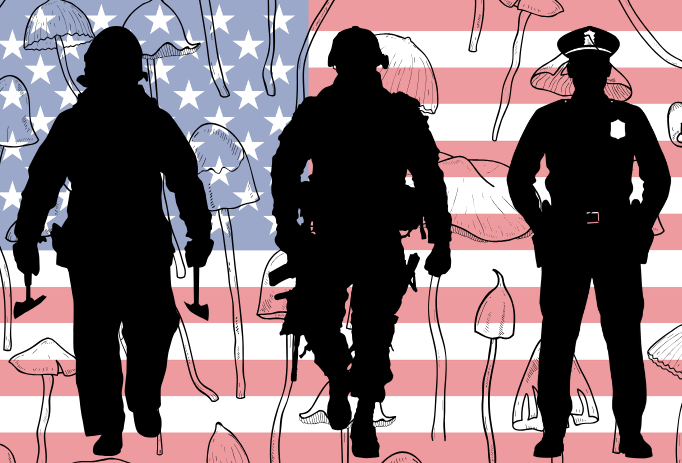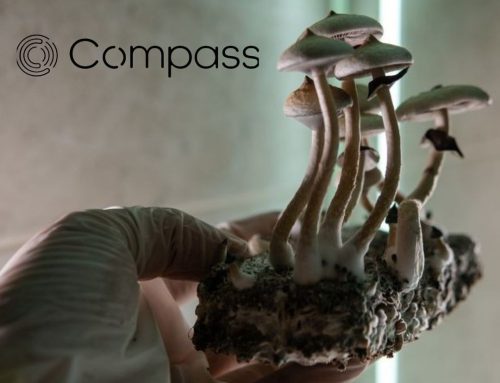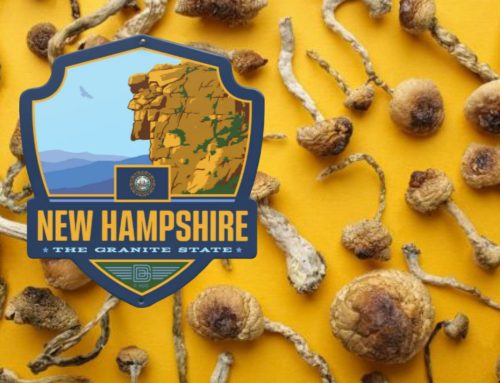Arizona Funds Nation’s First Whole-Mushroom Psilocybin Trial Targeting PTSD in Veterans & First Responders
PHOENIX – State officials in Arizona have authorized and financed what amounts to the country’s initial controlled study of whole psilocybin mushrooms as a treatment for post-traumatic stress disorder (PTSD) among police officers, firefighters, and military veterans, marking a significant step forward in regulated psychedelic research.
The trial, set to begin in November, will enroll 24 participants evenly divided among the three groups, with each receiving a 30-milligram dose derived from roughly 4.5 grams of cultivated mushrooms in a supervised setting. Supported by the Arizona Department of Health Services (ADHS) and led by the Scottsdale Research Institute (SRI), the effort draws on a $5 million allocation from a 2023 state spending measure signed by Gov. Katie Hobbs, which backs grants for phase-one through phase-three investigations into psilocybin’s effects on conditions like PTSD, depression, and addiction. The U.S. Food and Drug Administration (FDA) has cleared the protocol, including an unusual group format where sets of eight individuals undergo dosing together to assess safety and outcomes.
What sets this apart from prior studies is the use of intact mushrooms rather than lab-synthesized psilocybin, a choice that researchers say could reveal differences in efficacy tied to the fungus’s full chemical profile, potentially including compounds beyond the primary active agent.
“Scientific progress is essential to ensuring that our healthcare decisions are informed by rigorous research and sound data,” said Nicole Nichols, Executive Director at SRI. Arizona Sen. Kevin Payne, a Republican co-sponsor of the funding bill, added that the work aligns with the state’s duty to explore proven options for those in need.
This development builds on Arizona’s recent moves in the psychedelics arena, including approvals for an ibogaine research panel and a psilocybin advisory group, though a broader access bill met a veto last year over evidentiary concerns. On the federal front, the Department of Veterans Affairs has committed to similar inquiries, signaling wider interest in these therapies for trauma-related disorders. Yet the trial’s scope remains modest: as a phase-one effort, it prioritizes tolerability over broad therapeutic claims, and results may not surface for months, if not years.
For the psychedelics sector, where investor attention has sharpened around traumatic brain injuries (TBIs) and mental health applications, Arizona’s model offers a template for state-level innovation without full decriminalization. It tests not only biological questions but also practical ones, like cultivation standards under FDA and DEA oversight and integration with existing care systems.
Success here could fortify arguments for reimbursement through workers’ compensation or insurance, thereby easing barriers for high-risk workers. Still, skeptics point to the field’s early data as reason for measured expectations, promising anecdotes abound, but scalable evidence lags.
In the end, this trial represents a calculated bet on targeted research to address unmet needs, one that could reshape options for those who serve on the front lines.




































